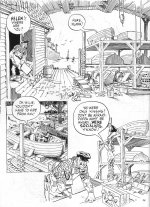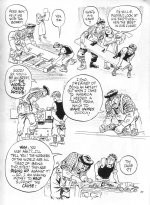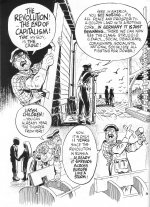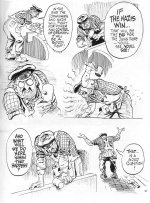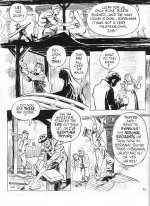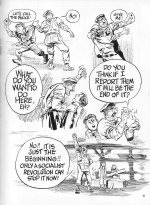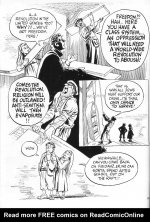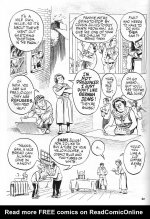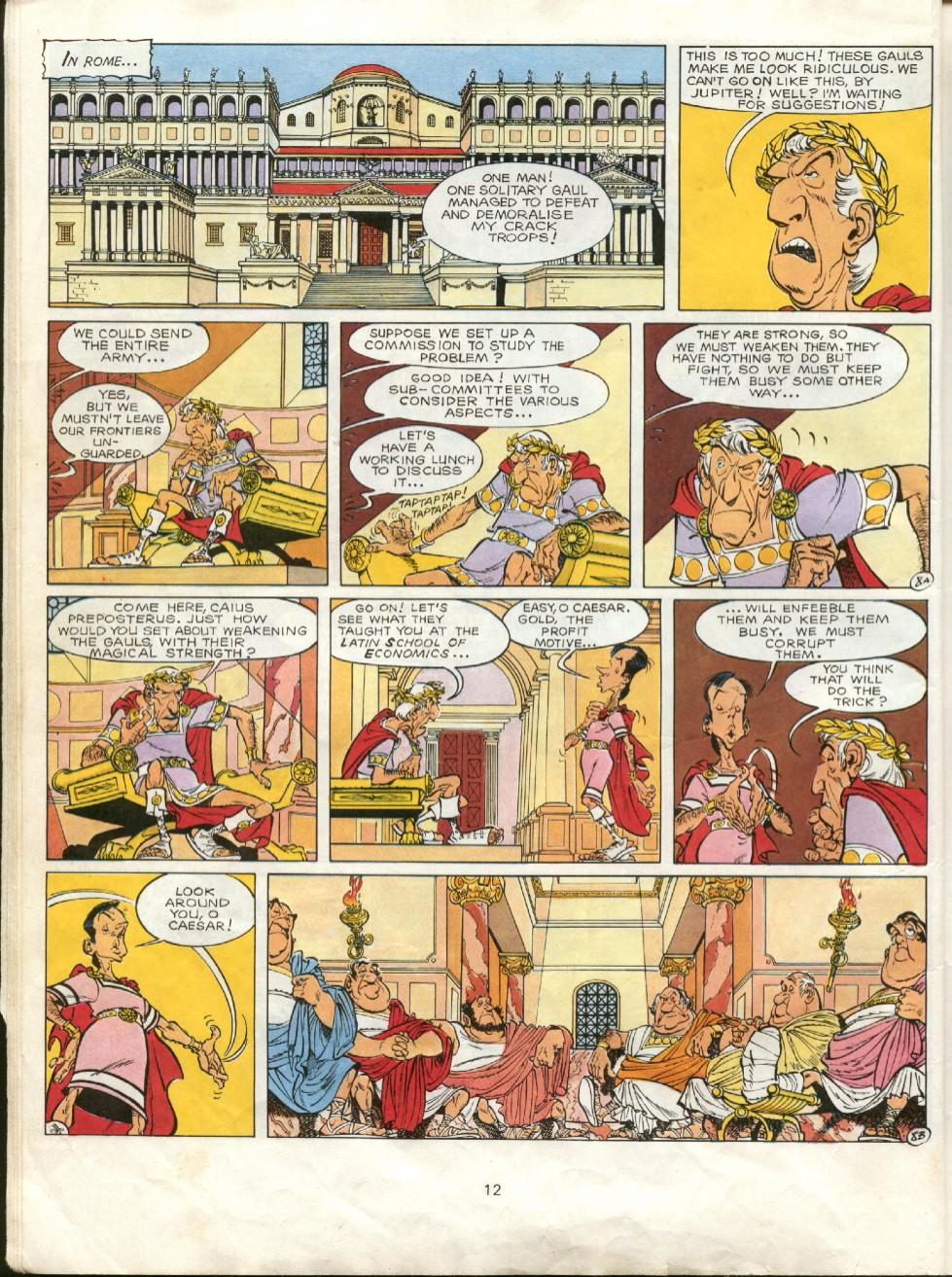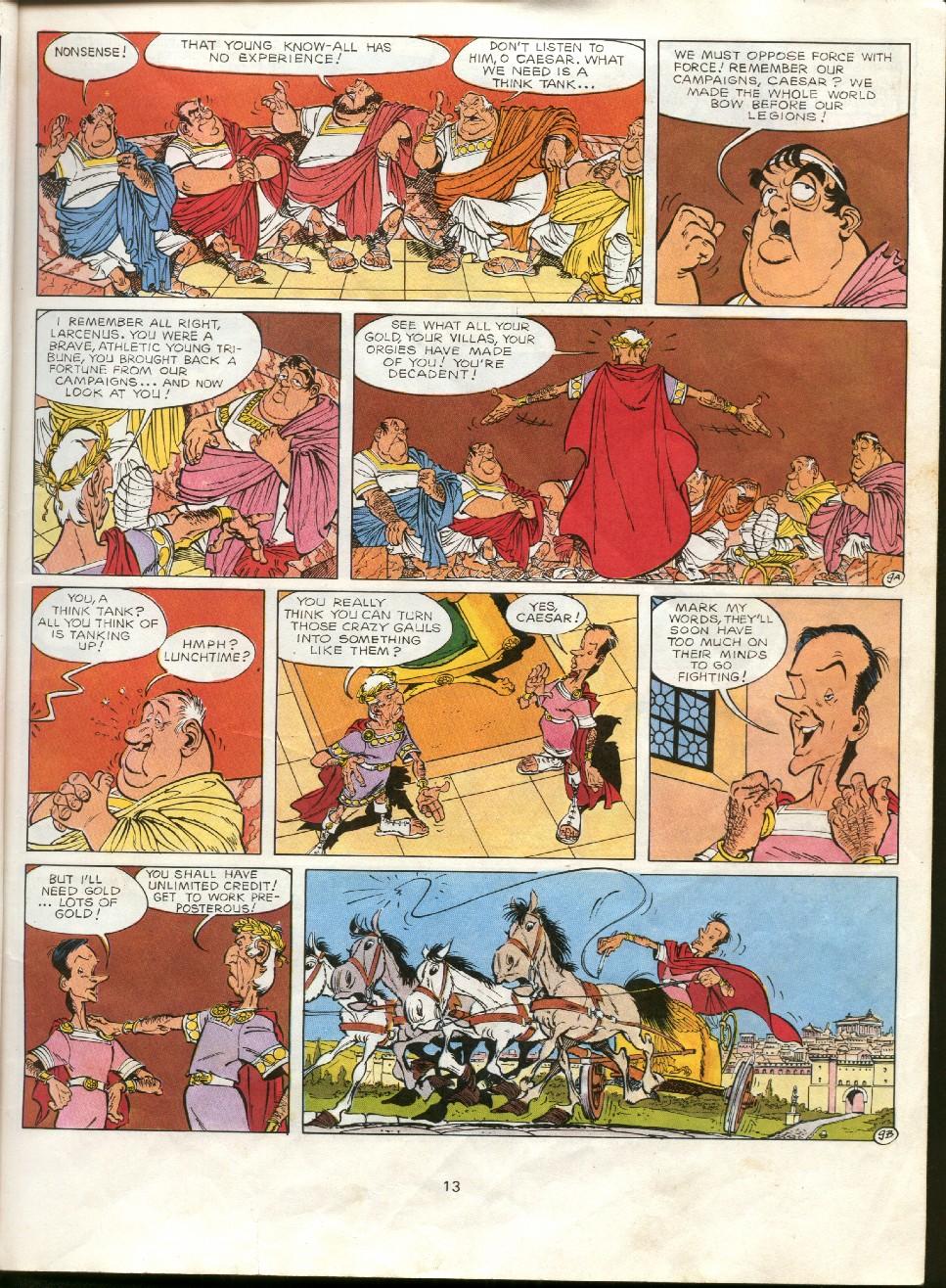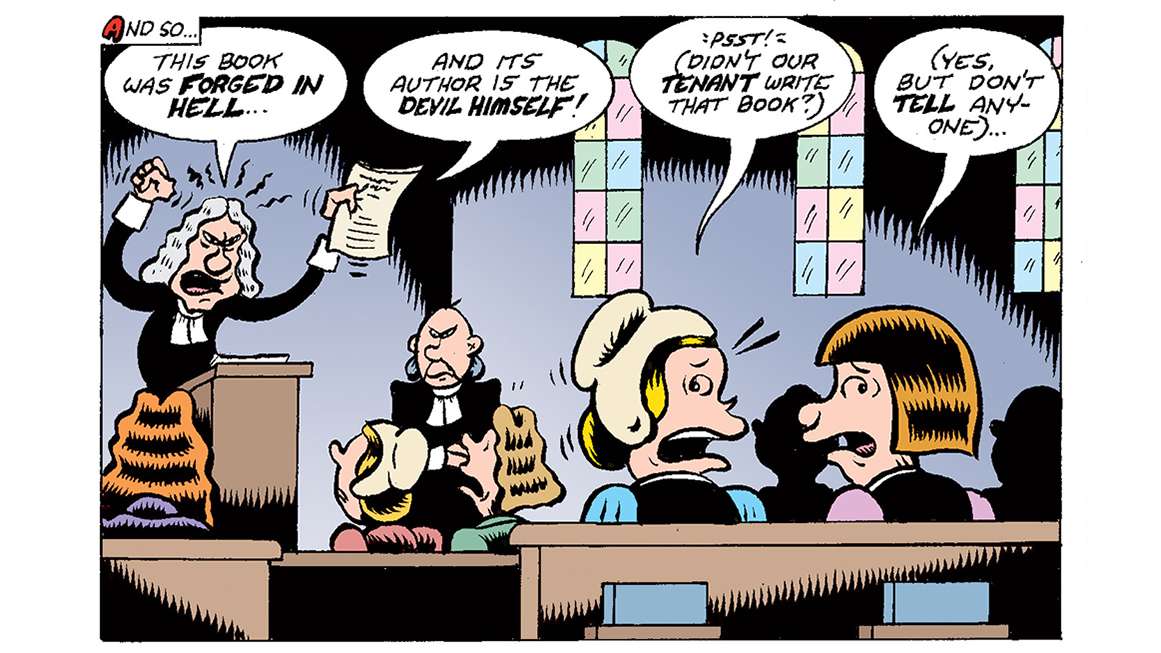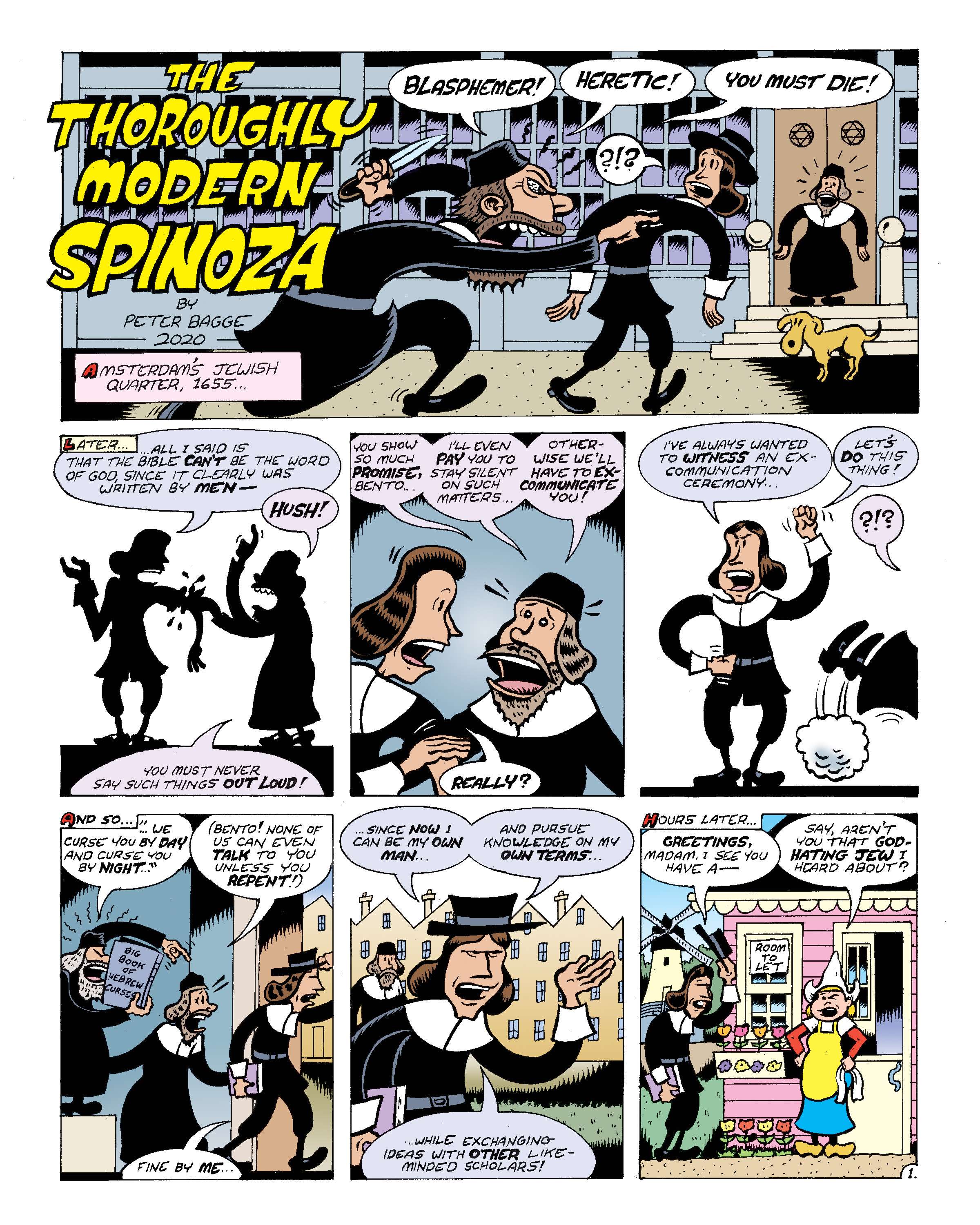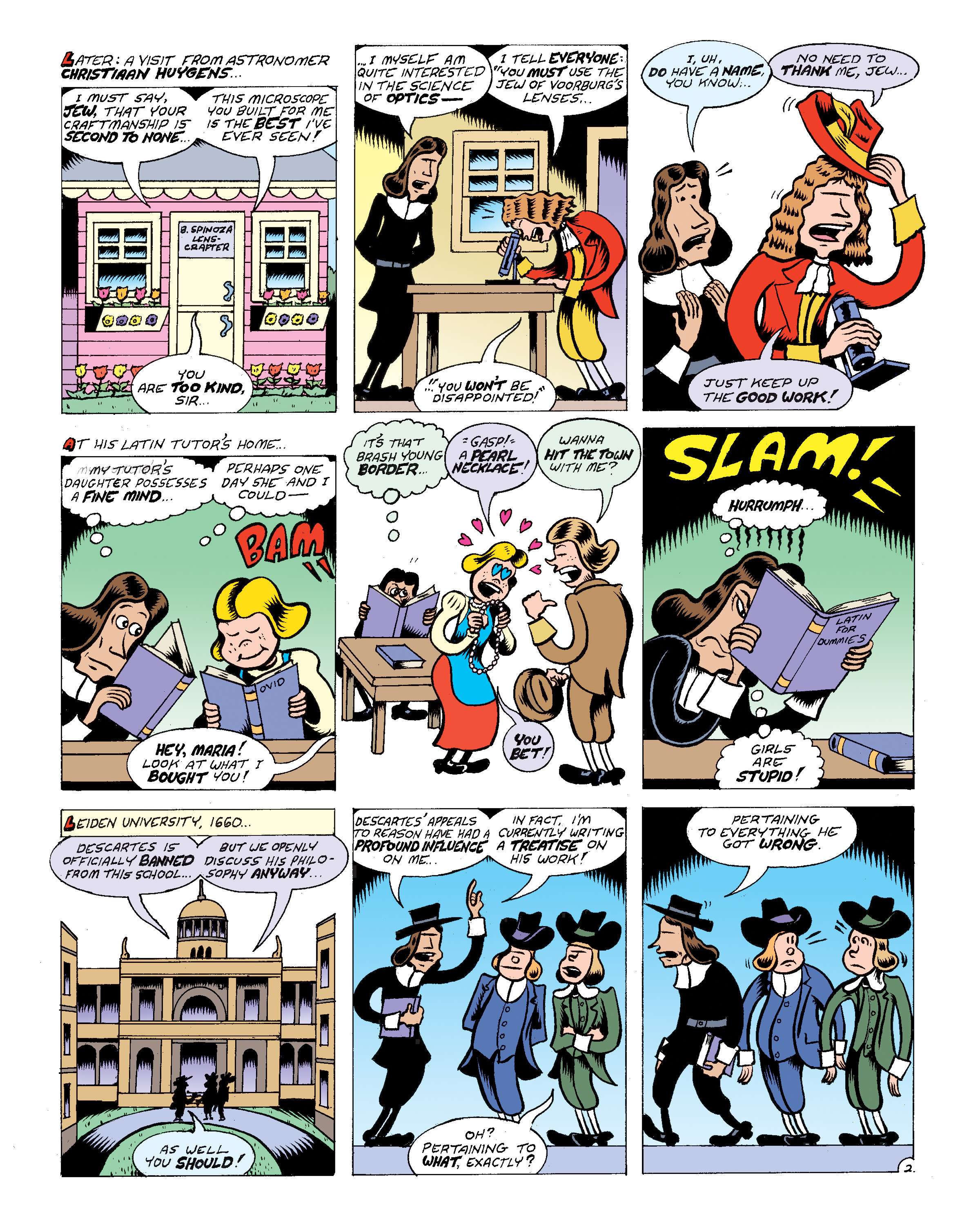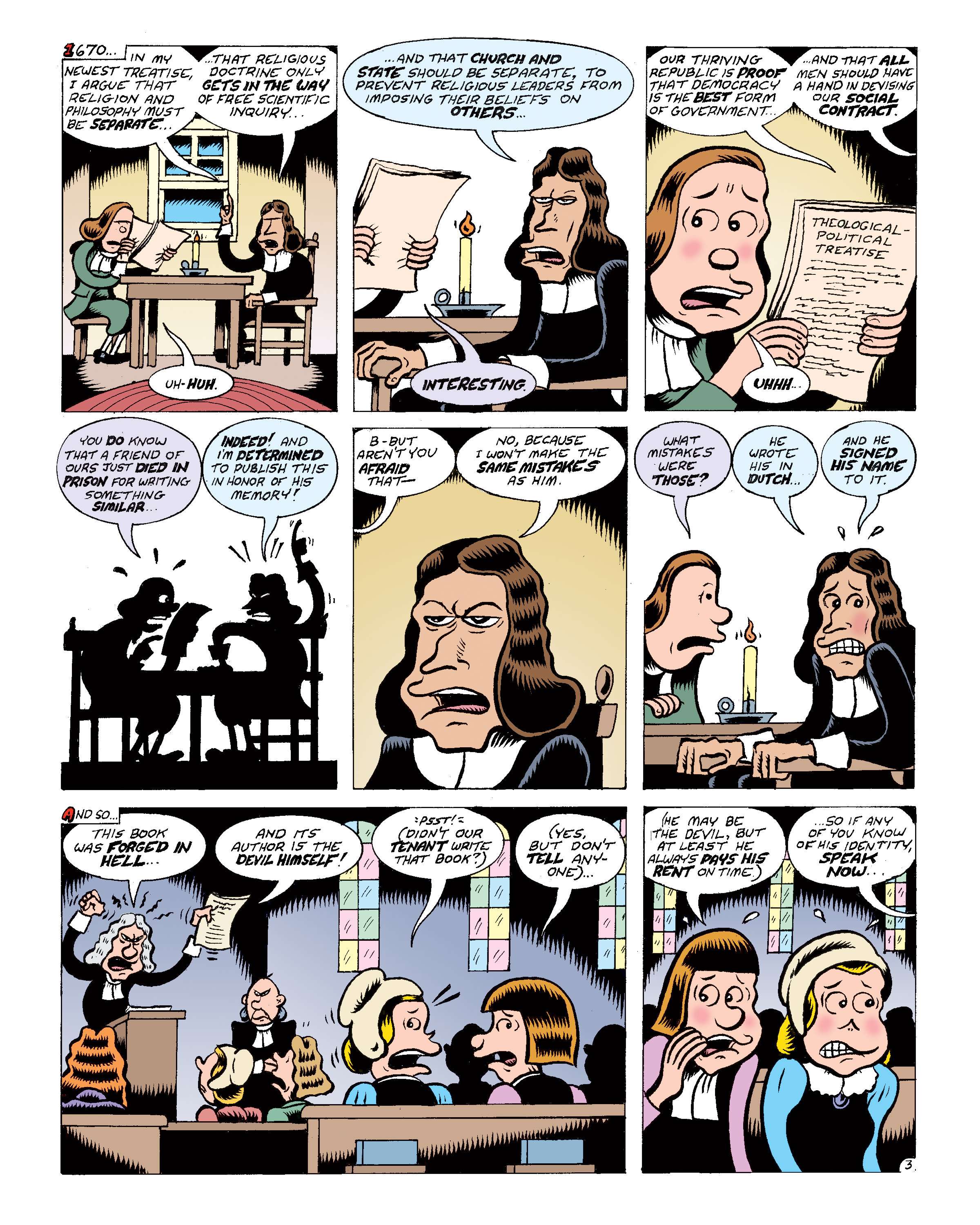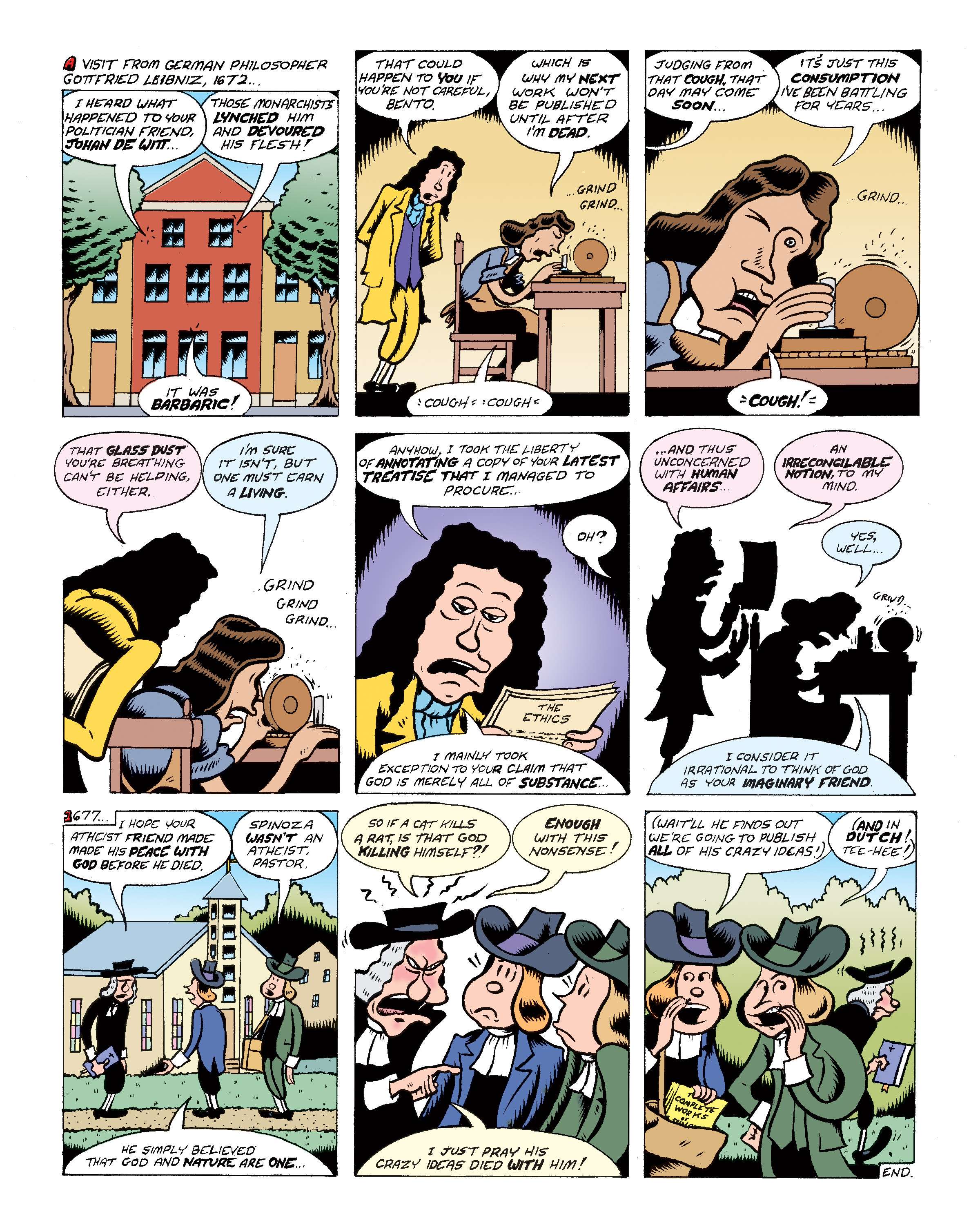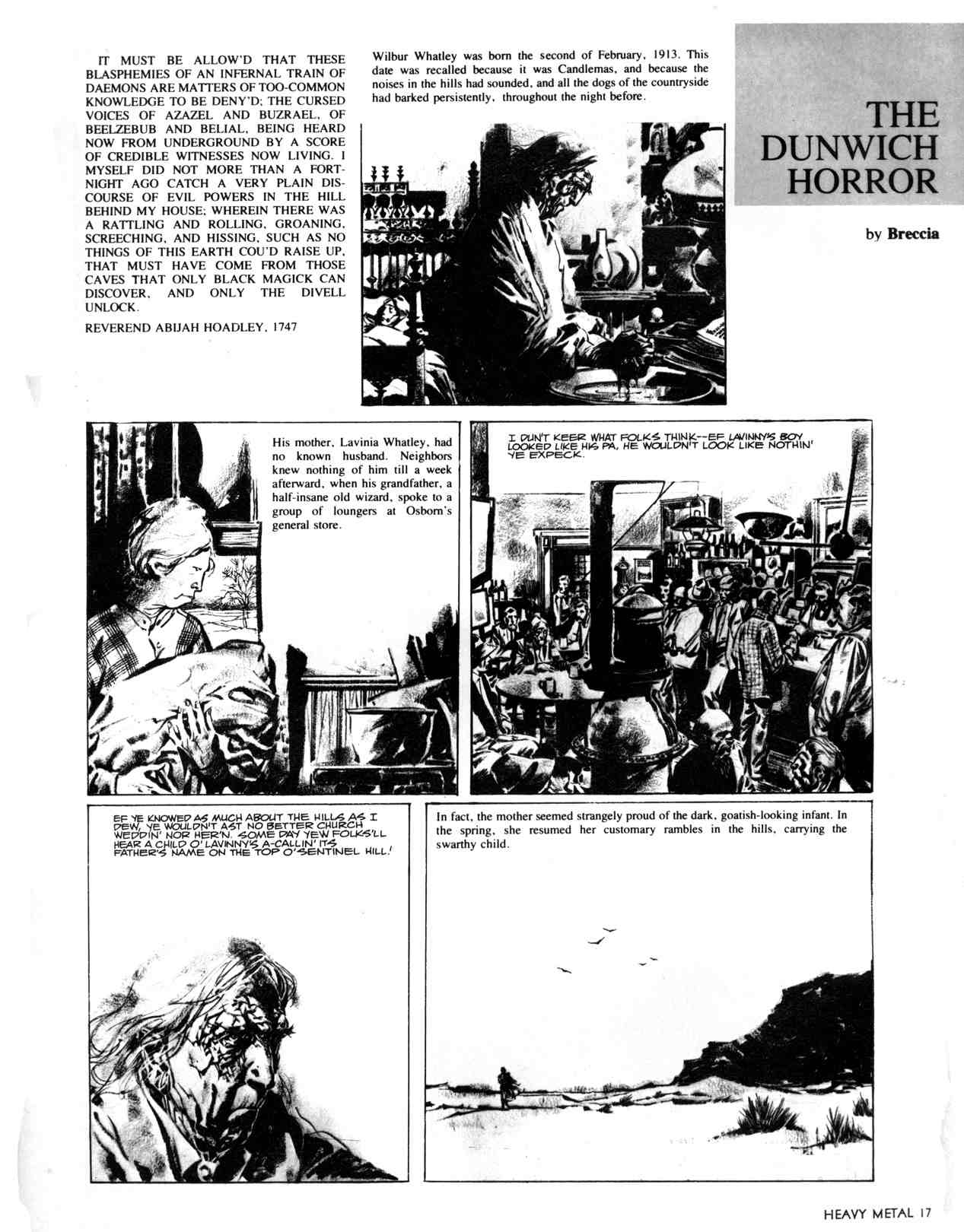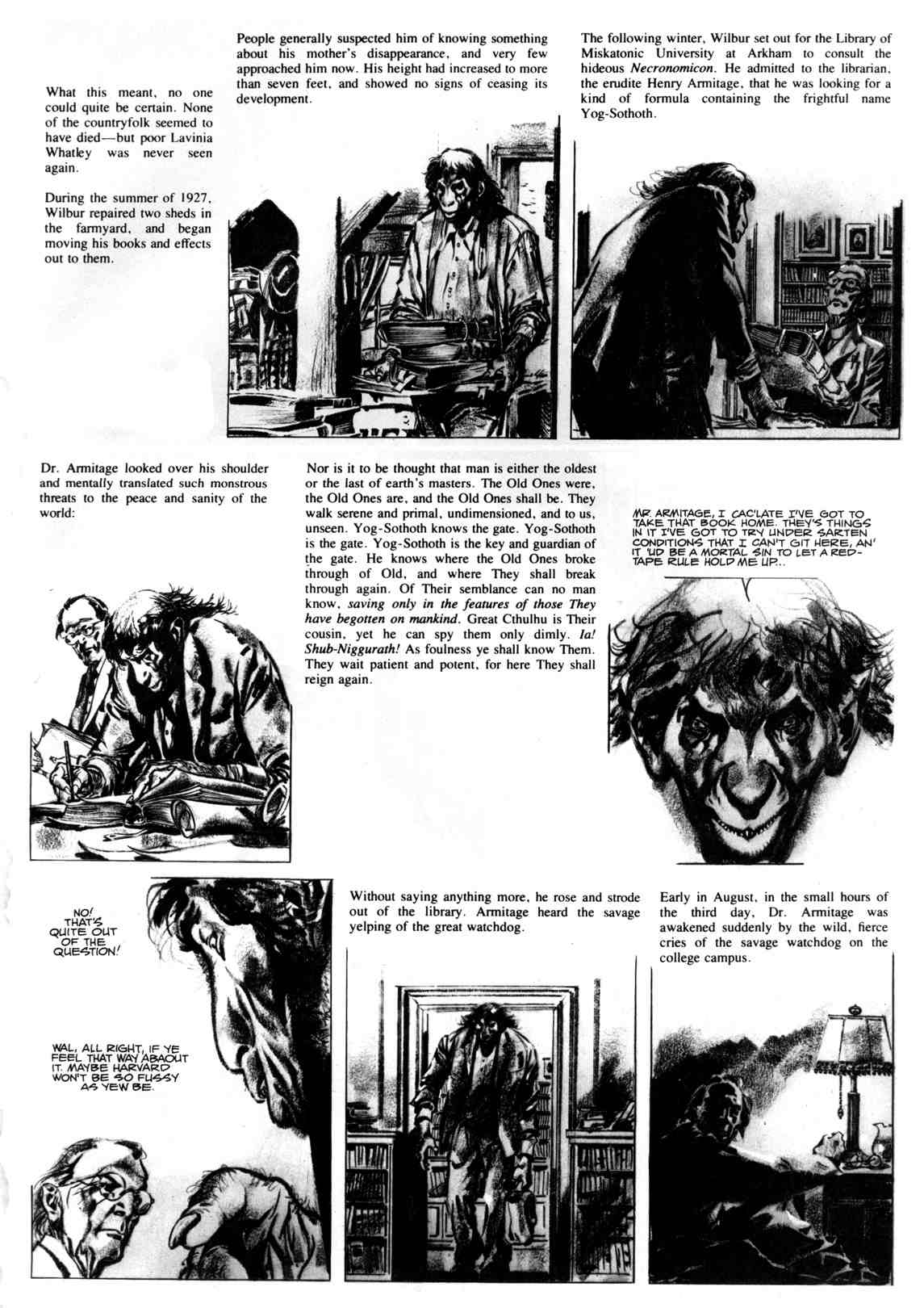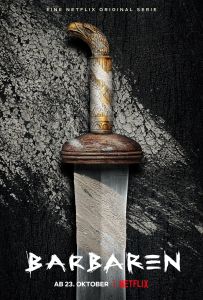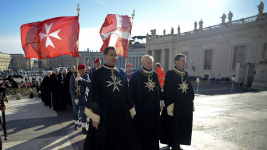Here is an interesting study of the aesthetic differences between
Pagan Fascism and
Christo-Fascism, so to speak.
The Slovenian music band Laibach is known for its (seemingly) ironic study of Fascist aesthetics. Here is a good example of their style, as they re-make the cheery Austrian pop tune
Life is Life in their "cover" to look like
Triumph of the Will:
In this piece, Laibach is clearly echoing pagan
Völkisch themes - the Nordic or Alpine landscape, with its mighty natural phenomena echoing the defiant macho attitude of singers who are dressed in "third-reichy" nature-wanderer clothes. Laibach is of course cheekily pointing out how such heroic-romantic gestures and closeness to nature have become more and more monopolized by Fascism in the post-WW II era, when Western civilization has sunk deeper and deeper into soft hedonistic Liberalism.
In another piece of theirs, "God is God," Laibach is again toying with totalitarian aesthetics, but this time, I would say, the tone is rather of Christian or Biblical variety rather than pagan-naturalistic one:
Here the landscape seems more like Middle Eastern or Biblical - only bare mountain rock is in sight, with no water, forests, animals or colors like in "Life is Life" video. Rather, the overall impression is grim black-and-white simplicity, as the singers are climbing to the mountaintop to conduct some kind of ritual - it reminds me of Moses rising to Mt. Sinai to receive the Law.
Here, it seems to me that Laibach is drawing attention to the connections between Biblical worldview and totalitarianism. The three supporting singers have black uniforms that remind us of the SS style (
Schwarze Korps) - but they also look like pastors in their dark clothes. And the lead singer Milan Fras himself looks like a monk, with his cowl and dark robes.
The lyrics for their part are like "Christian anti-humanism," contrasting the puny aspirations of humans with the fearsome mightiness of God. Laibach is like reminding us that those fundamentalist believers who take Biblical narratives seriously are not likely to be soft-hearted humanists...
And many lines are direct samples from Cecil B. DeMille's
Ten Commandments, as Moses (played by Charlton Heston) is threatening the Egyptian Pharaoh with plagues (at 03:55):
In any case, Laibach is like implying that there is some similarity between militant monks and the Nazi SS - both of them were fanatics dressed in black.
This btw is not just some unhistorical shitlib narrative -
fanatical monks in black robes actually served as violent stormtroopers of Christianity in the late antiquity, laying waste to pagan shrines, and sometimes pagans themselves, as in the case of Hypatia. Laibach is like reflecting on the totalitarian spirit by which Christianity conquered pagan Europe. The black-robed Dominican friars were nicknamed as
Domini canes - "the hounds of the Lord."
And such a thing as "
Clerical Fascism" had indeed existed. As Slovenians, the Laibach members had close knowledge that monkish atrocities were not just some ancient history - that "men of the cloth" had participated in a quite gruesome manner in the cruelties of Croatian Fascist Ustasha movement:

en.wikipedia.org
According to writer Richard Evans, atrocities at the notorious Jasenovac concentration camp were "egged on by some Franciscan friars".[17] Phayer wrote that it is well known that many Catholic clerics participated directly or indirectly in Ustaša campaigns of violence, as is attested in the work of Corrado Zoli (Italian) and Evelyn Waugh (British), both Roman Catholics themselves; Waugh by conversion.[18]
The Croatian Franciscans were heavily involved in the Ustaše regime.[19] A particularly notorious example was the Franciscan friar Tomislav Filipović, also known as Miroslav Filipović-Majstorović, known as "Fra Sotona" ("Friar Satan"), "the devil of Jasenovac", for running the Jasenovac concentration camp, where most estimates put the number of people killed at approximately 100,000.[20][21]
So comparing monks and SS men would not be so utterly grotesque and unjustified after all.
